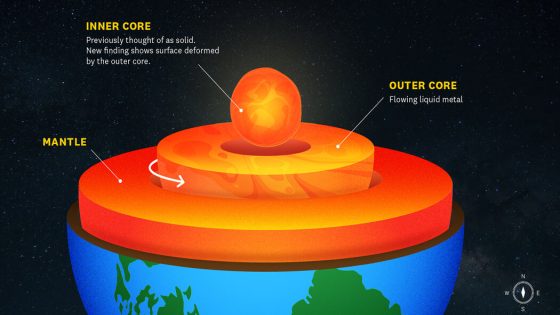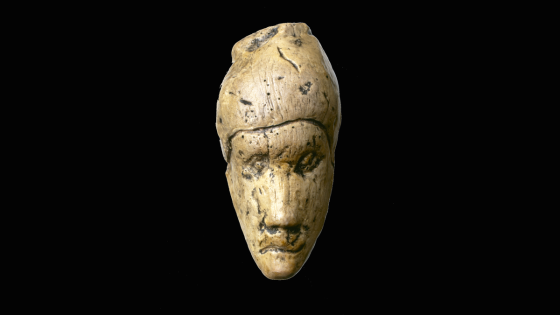Dark comets have recently captured the attention of astronomers worldwide. On January 21, 2025, researchers announced the discovery of seven new dark comets, bringing the total to fourteen. What secrets do these mysterious objects hold, and how do they challenge our understanding of celestial bodies?
- Dark comets recently doubled in discovery count.
- They behave like asteroids and comets.
- Two distinct groups based on orbits identified.
- Potential sources for life's building blocks.
- Ongoing studies aim to uncover more secrets.
- Future missions may analyze dark comets directly.
What Are Dark Comets and Why Are They Important to US?
Dark comets are intriguing celestial objects that behave like asteroids but exhibit comet-like acceleration. Why do they defy classification? Their unique movements and compositions raise important questions about the formation of our solar system and the potential for life on Earth. Understanding dark comets could unlock secrets about the building blocks of life.
Exploring the Characteristics of Dark Comets
Recent studies reveal that dark comets come in two distinct groups, each with unique orbits and sizes. This classification helps astronomers understand their behavior and origins better. Here are some key points:
- Dark comets are found both in the outer solar system and closer to the sun.
- They display unusual orbits, some resembling Jupiter-family comets.
- Size varies significantly, with some being hundreds of yards across while others are much smaller.
- They lack the visible tails typical of regular comets, adding to their mystery.
What Lies Within Dark Comets?
Scientists are curious about the internal composition of dark comets. Could they contain ice or other volatile materials? Current observations suggest that while they behave like comets, the lack of detectable outgassing leaves many questions unanswered. This uncertainty fuels ongoing research into their true nature.
How Did Dark Comets Form?
The origins of dark comets remain a topic of debate among researchers. One theory posits that they formed from the same materials as regular comets but lost their bright appearance due to solar heating. Another possibility is that collisions or extreme conditions altered their characteristics, making them harder to identify. Understanding their formation could provide insights into the early solar system.
What Do Dark Comets Mean for Life on Earth?
Dark comets may hold clues about the origins of life on Earth. Some scientists suggest they could have delivered essential materials like water and organic compounds during the solar system’s formation. If confirmed, this could change our understanding of how life began on our planet and the role of celestial bodies in that process.
As researchers continue to study dark comets, each discovery could refine our knowledge of the solar system and its evolution. The mysteries surrounding these objects remind us of the vastness of space and the secrets yet to be uncovered.

































